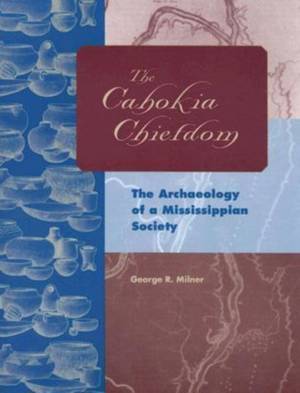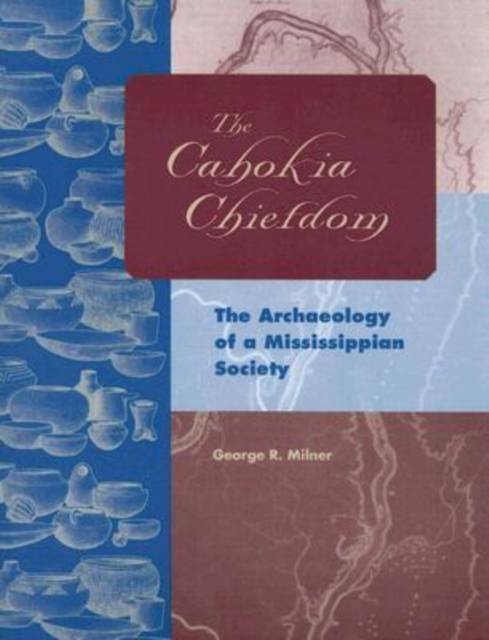
- Retrait gratuit dans votre magasin Club
- 7.000.000 titres dans notre catalogue
- Payer en toute sécurité
- Toujours un magasin près de chez vous
- Retrait gratuit dans votre magasin Club
- 7.000.000 titres dans notre catalogue
- Payer en toute sécurité
- Toujours un magasin près de chez vous
The Cahokia Chiefdom
The Archaeology of a Mississippian Society
George R Milner
Livre broché | Anglais
38,45 €
+ 76 points
Description
First published in 1998 by Smithsonian Institution Press, The Cahokia Chiefdom surveys one of North America's great archaeological sites that includes more than one hundred earthen mounds constructed between the 11th and 14th centuries. Milner paints a vivid picture of the site and its environs while arguing that the regional system was not as powerful and all-encompassing as commonly thought, but was instead a collection of semi-autonomous districts with far fewer people than previously assumed.
This detailed study of Cahokia research history documents environmental conditions that affected prehistoric peoples, such as river channels, flooding, and plant and animal life. In addition, he summarizes evidence of the region's food, the remains of houses and other buildings, stone tools, ceramics, crafts, population figures, the distribution of power, and labor and economics, including exchange with other societies. The author attributes the region's growth to a complex interplay of cultural, demographic, and environmental factors, including the advantages of its location and rich resources, and its decline to a reorganization of social relations across the region that involved the emergence of competing centers. This reprint edition features a new preface by the author updating archaeological evidence through 2005.Spécifications
Parties prenantes
- Auteur(s) :
- Editeur:
Contenu
- Nombre de pages :
- 240
- Langue:
- Anglais
Caractéristiques
- EAN:
- 9780813029818
- Date de parution :
- 07-06-06
- Format:
- Livre broché
- Format numérique:
- Trade paperback (VS)
- Dimensions :
- 213 mm x 275 mm
- Poids :
- 585 g







